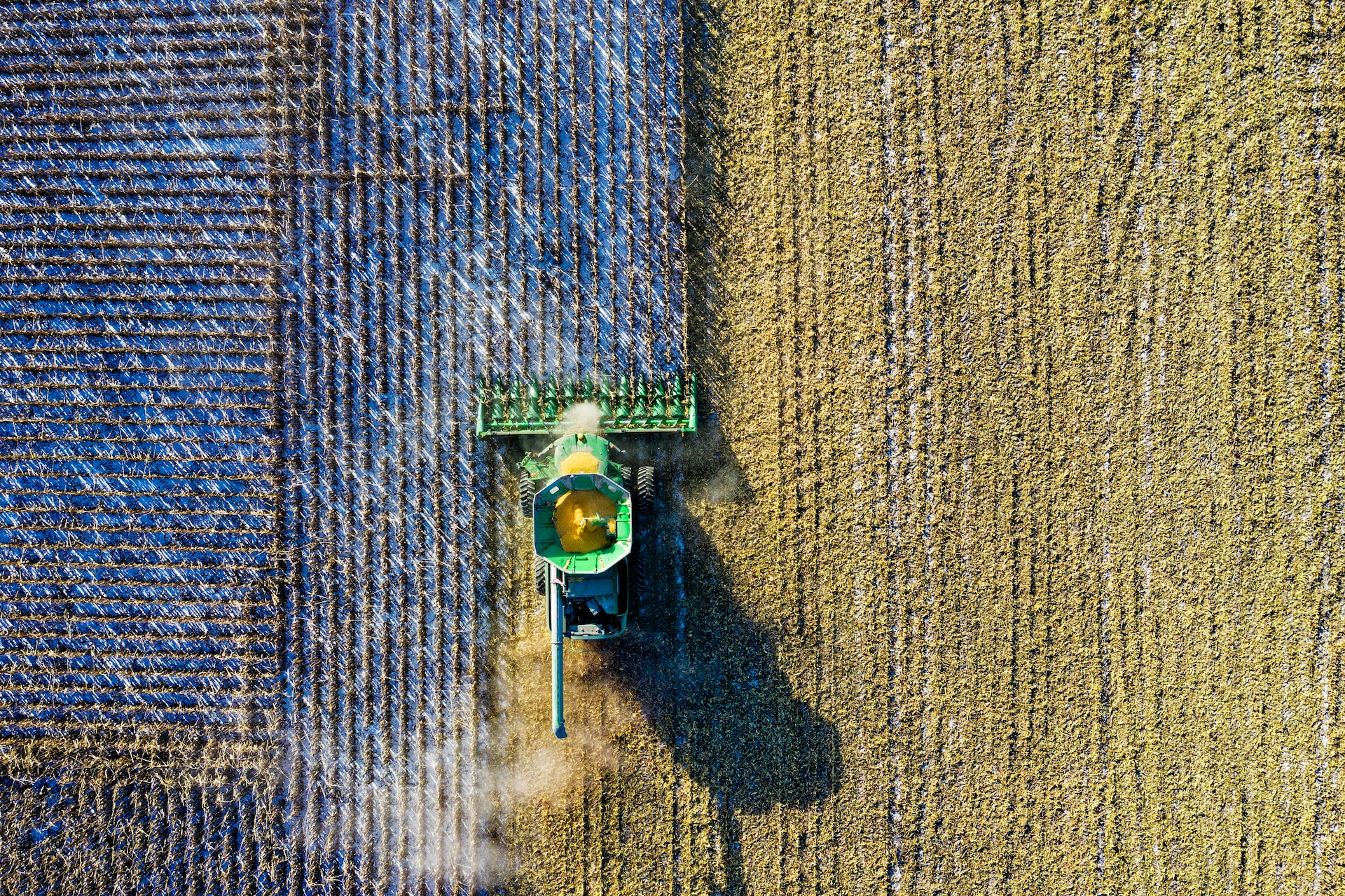

Question: How Many Acres Do You Need to Be Considered a Farm For Taxes in Ontario?
Answer: In Ontario, there is no specific minimum acreage requirement to be considered a farm for tax purposes. The classification as a farm depends on various factors, including the nature of agricultural activities and income generated from farming.
What Qualifies as a Farm in Ontario?
Before we dive into the specifics of the acreage requirement to be considered a farm for tax purposes, let’s take a moment to define what constitutes a farm. At a basic level, a farm is a tract of land devoted to agricultural activities. This could involve growing crops, raising livestock, or other pursuits intended to produce food, fiber, or other agricultural products.
However, when it comes to taxes, a farm isn’t just any piece of land where agricultural activities take place. The property must meet certain criteria to qualify for tax benefits available to farms.
Related Article: Click the link to find rural realtors nearby
Related Article: Follow the link if you need to find land realtors nearby
Laying Down the Law: Ontario’s Farm Property Class Tax Rate Program
In Ontario, the Farm Property Class Tax Rate Program provides tax benefits to eligible farm properties. The program is designed to support active farms by reducing their property tax burden.
Under this program, eligible farm properties are taxed at 25% of the residential tax rate. But to qualify for this reduced tax rate, the property must meet specific requirements, and here is where the question of acreage comes into play. [ 1 ]
Related Article: Is Living in a Rural Area Good?
Related Article: Identifying the Right Location for a Rural Property or Land Purchase Based on Personal Preferences and Practical Considerations
Size Matters: The Acreage Requirement
To qualify for the Farm Property Class Tax Rate Program, the property must be used for a farming business, and the farm business must generate a minimum gross farm income of $7,000. However, there’s no specific acreage requirement for the property to be considered a farm.
That’s right, in Ontario, the size of the property doesn’t determine whether it’s considered a farm for tax purposes. Instead, the focus is on the farm’s production and income.
Digging Deeper: The Gross Farm Income Requirement
The gross farm income requirement is key to qualifying for the Farm Property Class Tax Rate Program. This income can come from the sale of crops, livestock, or other agricultural products. It can also include payments from farm support programs.
For new farms, the gross farm income requirement must be met within the first three years of operation. After that, the farm must continue to generate a gross farm income of at least $7,000 each year to maintain eligibility.
The Process: Applying for the Farm Property Class Tax Rate Program
To apply for the Farm Property Class Tax Rate Program, property owners must submit an application to Agricorp, an agency of the Ontario government. The application must include proof of the farm’s gross income and a description of the farming activities.
Once approved, the reduced tax rate applies for the current tax year. The property owner must then reapply each year to maintain their eligibility.
Click here for more information about Jennifer Jewell
The Final Word: Understanding Your Eligibility
While there’s no specific acreage requirement to be considered a farm for tax purposes in Ontario, the property must meet certain criteria related to farming activities and income.
Understanding these requirements and the application process is crucial for farm owners looking to take advantage of the Farm Property Class Tax Rate Program. This program can provide significant tax savings and support the viability of farming businesses, reinforcing the integral role they play in our communities and economy.
References
1. http://omafra.gov.on.ca/english/policy/ftaxfaq.html


